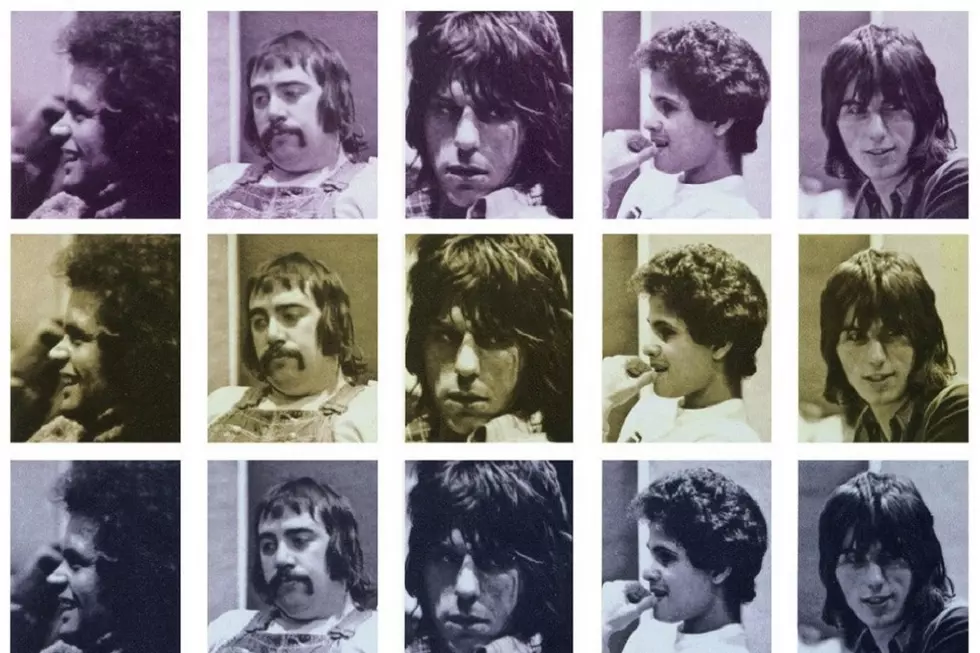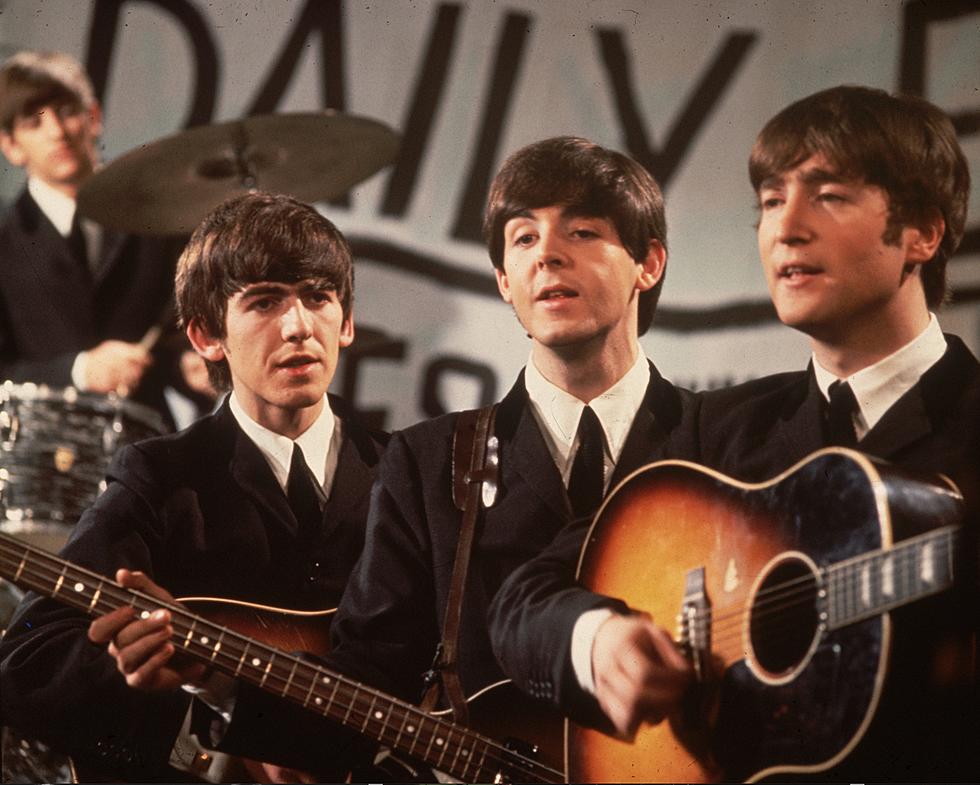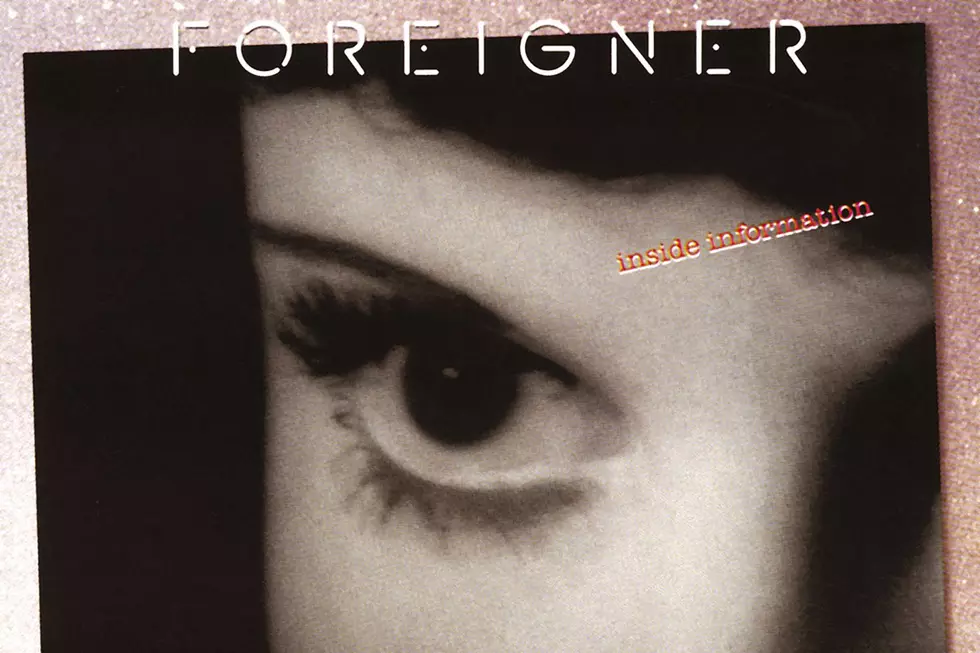
Revisiting the Jeff Beck Group’s Final Album
The Jeff Beck Group's second incarnation emerged as a more R&B-oriented combo, as opposed to the metallic blues of the Rod Stewart-fronted group. It followed, then, that they'd try to tap into some Stax soul for their next LP.
One of Beck's guitar heroes was Booker T. and the M.G.'s axe man and Stax house guitarist Steve Cropper, who agreed to produce what would become 1972's Jeff Beck Group. In January of that year, singer Bobby Tench, bassist Clive Chaman, keyboardist Max Middleton, drummer Cozy Powell and Beck flew to Memphis to immerse themselves in the city's greasy soul sound.
"We all thought we were going off to Stax Records, but unfortunately that had just been melted down, no one ever used that place again – it was a requisition, they turned it into a shopping mall or something," Beck told Fuzz magazine in 1999.
The guitarist misremembered the circumstances: Stax was actually still functioning – and thriving – in 1972. Still, it's true that the Jeff Beck Group did not record at the home of Otis Redding and Rufus Thomas. Instead, they recorded at Trans-Maximus Incorporated Studios, a facility co-owned by Cropper, who had parted ways with Stax a couple of years earlier.
"You don’t turn down the chance to work with Steve in any case," Beck added. "I’d have had him come over to England if we hadn’t gone out to Memphis."
Beck had taken the time to craft a batch of original tunes for 1971's preceding Rough and Ready. Due to the short turnaround for Jeff Beck Group, the boys relied on multiple covers, including some material they had been playing on the road. A soulful cover of Bob Dylan's "Tonight I'll Be Staying Here With You" landed on Jeff Beck Group, as did "Glad All Over" – originally recorded by Carl Perkins for Memphis' Sun Records in 1957.
One cover was likely unfamiliar to most listeners. "Going Down" had been written by Stax saxophonist and (later) producer Don Nix and recorded by his band Moloch in 1969. The hard-charging blues tune became a signature song for version II of the Jeff Beck Group and, as a result, something of a blues-rock standard for Beck's contemporaries and followers.
Watch the Jeff Beck Group Perform 'Definitely Maybe'
Beck wrote a few new compositions for Jeff Beck Group, including the emphatic opener "Ice Cream Cakes" and elegiac closer "Definitely Maybe," which the group would perform on television to promote the new LP. Beck and Cropper collaborated on only one track, "Sugar Cane," and Cropper didn't perform on the record. "When Jeff Beck is playing," Cropper later said, "there is no room for another guitarist."
Jeff Beck Group was finished in January and released on May 1, 1972 in the U.S., though held over until June in the U.K. Soon referred to as the Orange Album because of the picture of the fruit at the top of the cover, the LP was welcomed by fans (it reached No. 16), but mostly panned by critics. They found the material uninspired, Tench's vocals lacking and the production boring – though most still praised Beck's guitar work.
Perhaps Beck agreed with that assessment. On July 24, not even three months after the album's U.S. release, the guitarist disbanded the group. Beck's manager released a statement that read, "The fusion of musical styles of the various members has been successful, within the terms of individual musicians, but they didn't feel it had led to the creation of a new musical style with the strength they had originally sought." Talk about a high bar to clear.
Beck quickly moved on to play with Timmy Bogert and Carmine Appice in the appropriately named hard-rock supergroup Beck, Bogert & Appice (though they were billed as the Jeff Beck Group for a summer 1972 tour). Singer Tench joined them for a short while before hooking up with Freddie King. Tench, Chaman and Middleton would later reconvene in the band Hummingbird. Meanwhile, Powell would become a beloved "drummer's drummer," with stints in Rainbow and Black Sabbath, as well as plenty of session work.
Members of the second Jeff Beck Group went on to have some success in the music industry, but the band never reformed again.
The Top 100 Rock Albums of the '60s
More From KOOL 101.7










